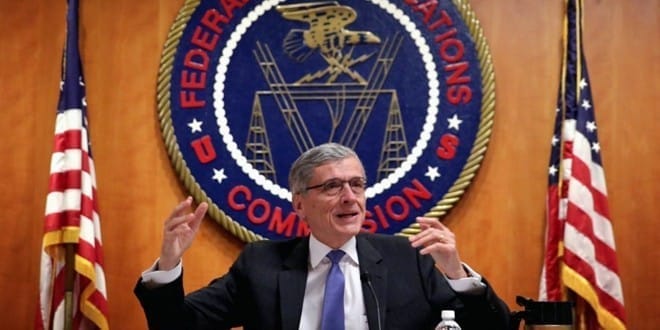A small group of Democratic Congressional lawmakers has reintroduced the Online Competition and Consumer Choice Act. The bill targets plans by the U.S Federal Communications Commission to allow paid prioritization contracts by broadband providers.
After FCC Chairman Tom Wheeler expressed openness to changing regulations on broadband providers to allow web content producers paid prioritizing agreements a collection of Congressional Democrats have responded by attempting to limit the U.S Federal Communications Commission's ability to alter the existing rules on net neutrality. The crux of the Online Competition and Consumer Choice Act is leveling an explicit ban on paid prioritization agreements to the FCC. According to the bill, the FCC would be forced to comply with existing regulations, and be unable to allow broadband providers the ability to change regulations specifically in regards to all contracted online prioritization. This includes limiting the ability of traffic management over the consumer and limiting content host websites such as Hulu or Netflix to paying for faster access rates. The primary Democratic sponsors of the Online Competition and Consumer Choice Act include Senator Patrick Leahy of Vermont, and Representative Doris Matsui of California. The bill has six other Democratic sponsors in the House, and three in the Senate. Independent Senator, and possible presidential candidate, Bernie Sanders of Vermont is also a sponsor of the bill.
Facing enormous opposition to his stance on eliminating net neutrality, including criticism from the White House, FCC Chairman Tom Wheeler admitted at CES that he is considering reclassifying online access to falling under Title II of the Communications Act as a public utility. According to reports from the trade show Wheeler conceded that his earlier considerations did not go far enough to protect consumers. Reports claim that his remarks were conciliatory, but also confusing in representing what impact reclassifying under Title II would have. Wheeler made claims in regards to what is considered "commercially reasonable" which upset net neutrality advocates. Consumer advocates that are in favor of Title II reclassification have stated that Wheeler did make caveats to his arguments on mobile net neutrality, and are not satisfied with his statements.







